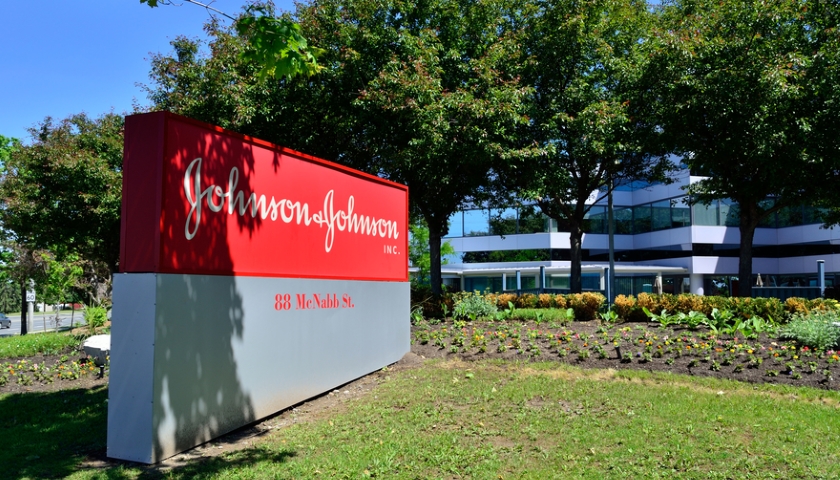Straight after its first cancer bispecific OK, J&J highlights two more at ASCO

With the ink barely dry on the FDA's approval of Johnson & Johnson's Rybrevant, its first bispecific antibody for cancer, the drugmaker is already showcasing others in its pipeline.
Two of its earlier-stage bispecifics – both in development for the blood cancer multiple myeloma – will feature at the American Society of Clinical Oncology (ASCO) congress, which kicks off in a few days' time.
Like Rybrevant (amivantamab), the myeloma drugs – talquetamab and teclistamab – have arisen out of the fruitful collaboration between J&J's Janssen pharma division and Danish biotech Genmab, which also generated its $4.1 billion myeloma blockbuster Darzalex (daratumumab).
There's another four candidates in early-stage clinical testing as well – for acute myeloid leukaemia (AML), myelodysplastic syndromes (MDS) and solid tumours – that collectively account for a sizeable chunk of J&J's oncology pipeline.
It's worth remembering that prior to the approval of Rybrevant, there had been just one bispecific antibody approved for cancer in the US, namely Amgen's Blincyto (blinatumomab) which won a green light from the FDA in 2014 for B-cell acute lymphoblastic leukaemia (ALL).
As the name suggests, bispecific antibodies can bind to two separate antigens at the same time, enhancing their ability to attack cancer cells.
At ASCO, Janssen will report updated results from the phase 1 MonumenTAL-1 study of talquetamab, an antibody which binds to GPRC5D, a novel multiple myeloma target, and CD3 on T-cells.
After around six months' follow-up, talquetamab achieved an overall response rate (ORR) of 70% in the 30-patient trial, which recruited subjects who had on average received six prior lines of the therapy for their myeloma. Most of the patients who experienced a benefit had very good partial responses (VGPRs).
The bispecific seemed to work rapidly – a median of one month from the start of dosing – which is important as patients whose myeloma is this refractory to multiple treatments often have a limited life expectancy.
Also in the spotlight is teclistamab, which targets CD3 and BCMA, a myeloma target that already features in approved therapies, notably GlaxoSmithKline's antibody-drug conjugate (ADC) Blenrep (belantamab mafodotin) and Bristol-Myers Squibb/bluebird bio's Abecma CAR-T therapy (idecabtagene vicleucel).
J&J has also filed for approval of its own BCMA-targeting CAR-T ciltacabtagene autoleucel, which is a further indication of just how busy the category is coming.
GlobalData reckons that therapies targeting BCMA now account for approximately 10% of all immuno-oncology drugs in phase 1 to 3 development, but it's worth noting that most patients diagnosed with myeloma will relapse over the course of their disease and there is some evidence that patients who fail one BCMA-targeting therapy may still gain benefit from another.
At ASCO, J&J will present updated results of the MajesTEC-1 study of teclistamab in myeloma patients treated with five prior lines of therapy, with some impressive figures, including a 40% complete response rate and 58% VGPR, that suggest a deepening effect of the drug over time.
There were also no side effects that resulted in dose cuts with teclistamab in the study, which could point to a safety advantage over rival BCMA-targeting bispecific drugs like Pfizer's elranatamab and Amgen's pavurutamab, which have both had studies paused this year due to toxicity concerns.











